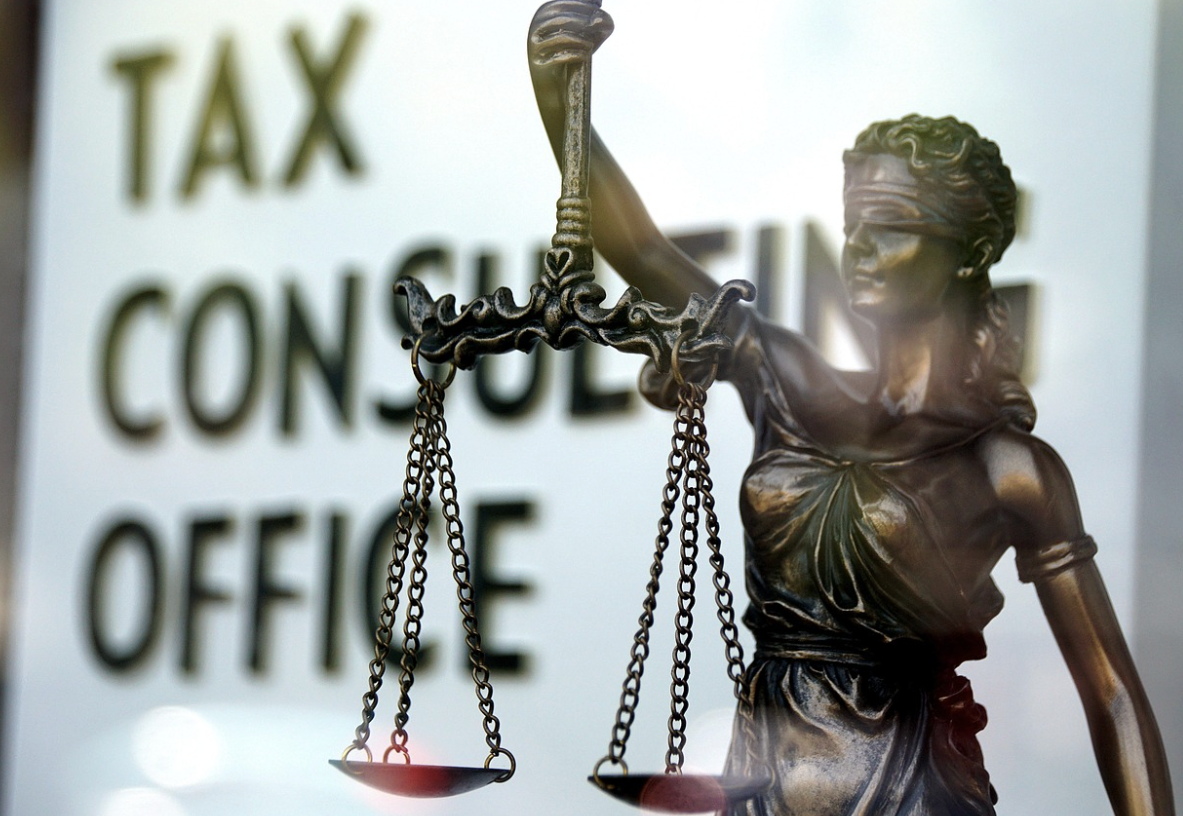Illinois Sports Betting Tax Hike Sparks Concern Over Who Really Pays

Illinois lawmakers just passed a new state budget, with a change that’s raising eyebrows in the sports betting world. Starting soon, each sports wager made in the state will come with a small fee: 25 cents per bet for the first 20 million bets a company takes, and 50 cents after that. At first glance, it may not seem like much, but the ripple effect of this tax is already being felt, and not just by sportsbooks. Operators are making it clear that customers could end up footing the bill.
The Sports Betting Alliance, a group representing major betting companies, wasted no time calling the new fees “discriminatory.” They argued that such costs won’t be absorbed by the companies, but passed along to users instead. On the same day the budget passed, the group launched an online petition urging bettors to speak out. The message was blunt: lawmakers are making fun activities more expensive, and it’s not fair to everyday players.
According to Alex Hoffmann, many players are already leaning toward online casinos and gambling sites with real money slot games because of the convenience, better odds, and frequent bonuses (Source: https://www.cardplayer.com/online-casinos/real-money-slots). These platforms offer everything from no-deposit promotions to free spins and cashback deals. Unlike retail sportsbooks or traditional casinos, these online sites are accessible 24/7, offer a huge game variety, and often provide more value upfront. For players looking to avoid added costs or restrictions, shifting online becomes a no-brainer.
The irony is that these betting companies can absolutely afford the tax. By dominating the Illinois betting market, popular betting sites’ revenue likely won’t take a major hit even with a new fee. However, their stock prices dipped after the announcement, and investors don’t love added costs, especially if companies say they won’t absorb them. That’s what makes this situation tricky. While lawmakers pitch the tax as a way to fund public services, the reality may be that regular users see less value, fewer promotions, or even small surcharges on every bet.
There’s also no clarity on how these fees might be passed along. Will sportsbooks directly add 25 or 50 cents to your bet slip? Or will they quietly adjust the odds to build the cost in? Some popular betting companies have already reduced promotional offers after a previous Illinois tax hike. Many even briefly tested out a “surcharge” system in other high-tax states before public pressure forced a retreat. It wouldn’t be surprising if similar tactics appeared here.
Ideally, betting platforms would shoulder the cost themselves. After all, they’re the ones licensed to operate in the state. Still, their reaction so far suggests they see this as a battle worth fighting publicly. However, bettors don’t want to feel like they’re getting hit from both sides; taxed by the state and shortchanged by the companies. Especially when these companies are more than capable of managing a few cents per bet. When operators talk about protecting their bottom line, it often means squeezing the customer. The Sports Betting Alliance’s statement left little room for doubt: they’re not taking the loss.
With the new law now in place, it’s still unclear how this will play out in real-world betting slips. Until then, players might have to watch a little more closely to see just how much their next bet will really cost them.
Miss Clipping Out Stories to Save for Later?
Click the Purchase Story button below to order a print of this story. We will print it for you on matte photo paper to keep forever.

